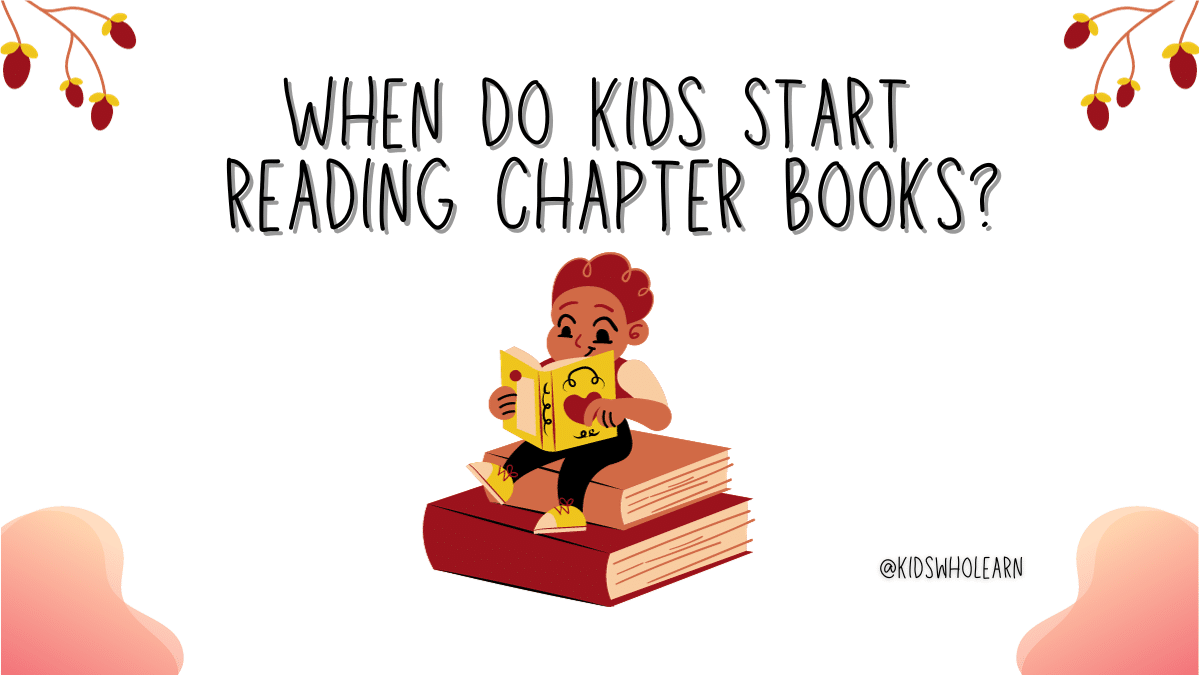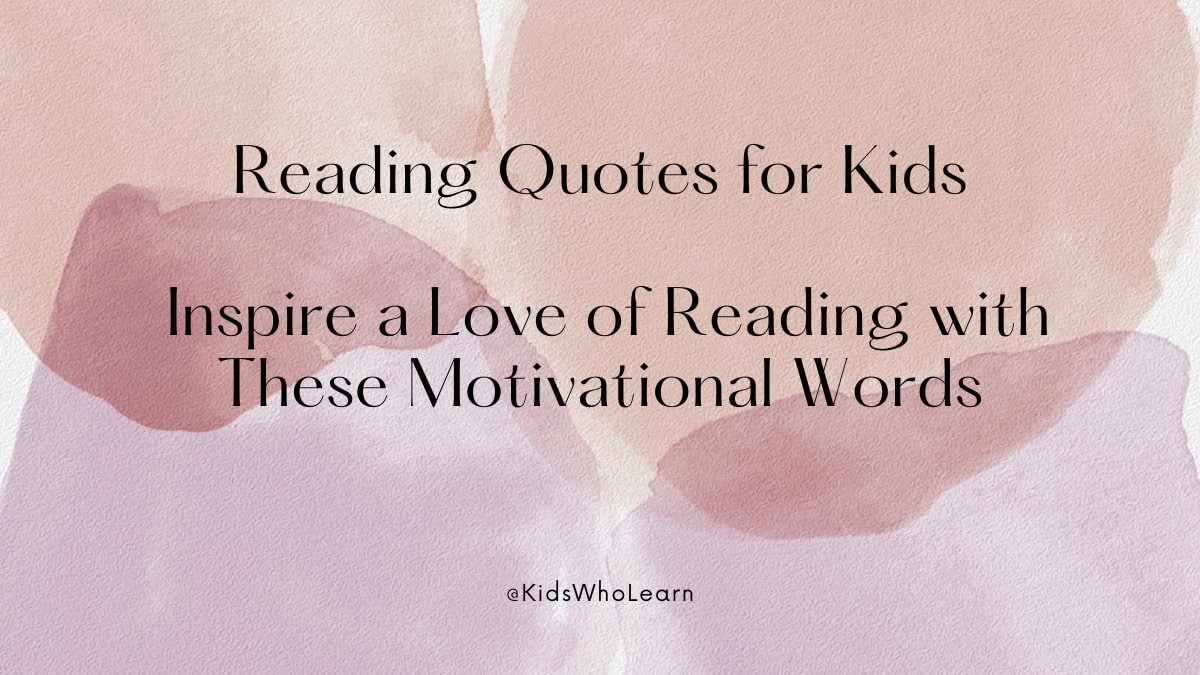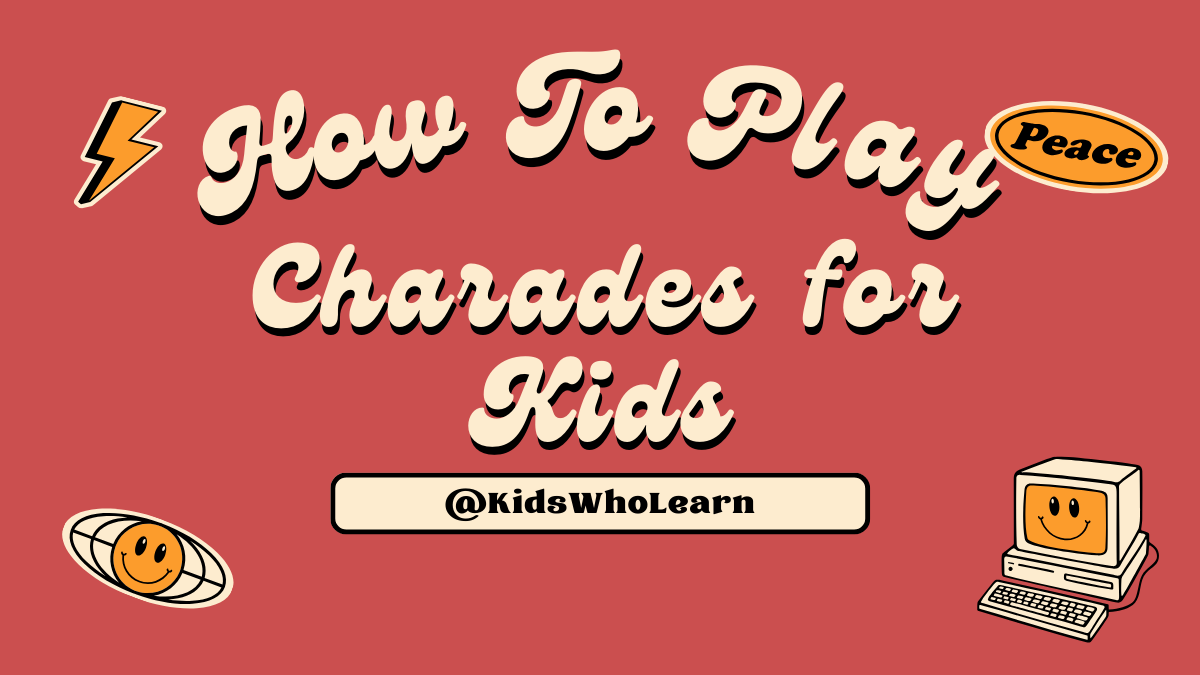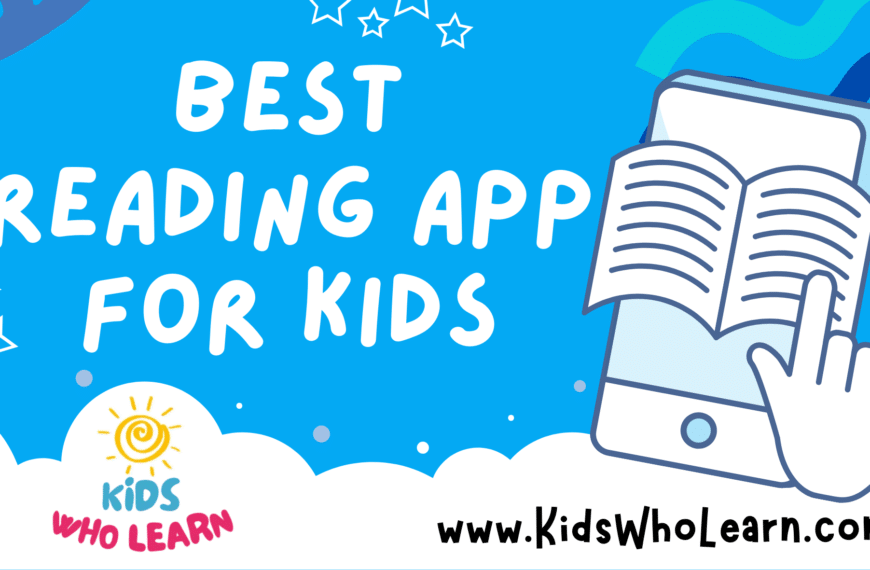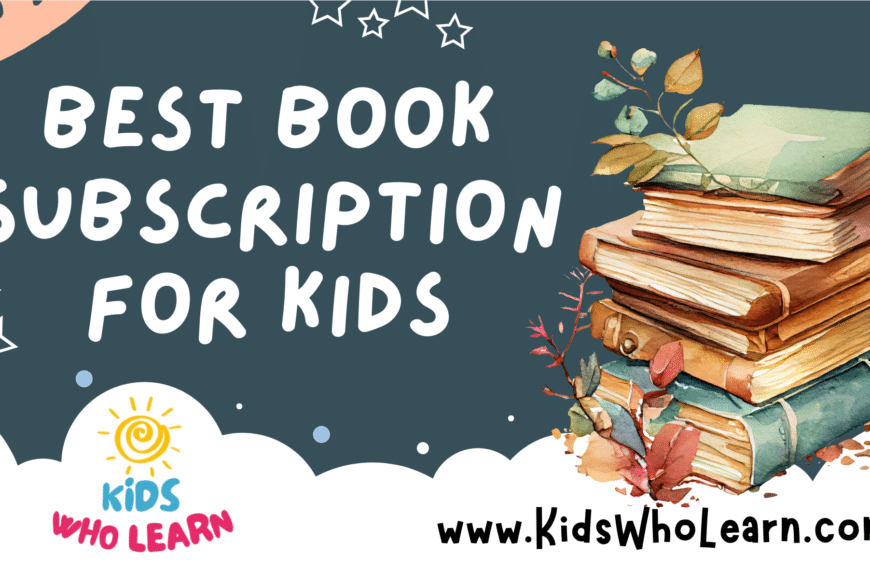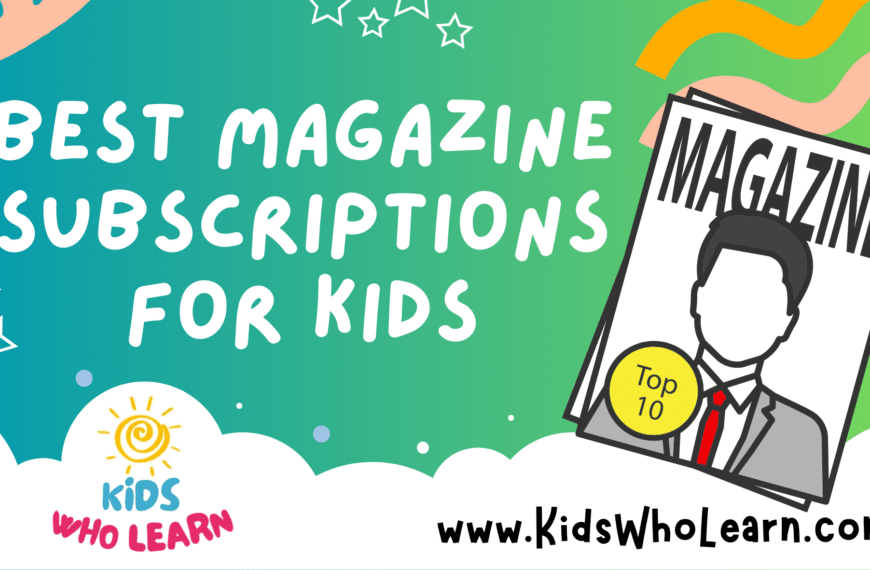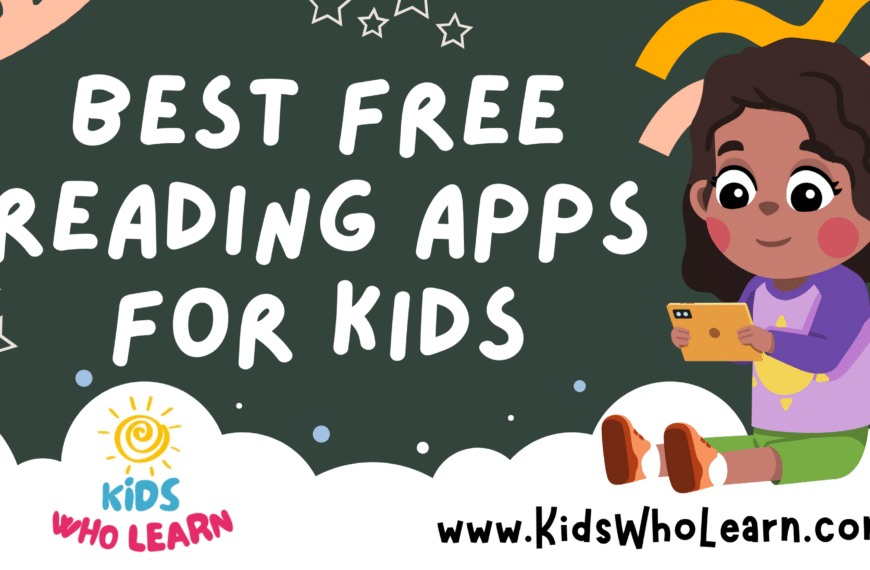Are you wondering when your child will be ready to start reading chapter books? It’s a common question for parents, and the answer isn’t always clear-cut. Every child develops at their own pace, and there are a variety of factors that can impact their reading ability.
One important factor is age. While some children may be ready to start reading chapter books as early as five or six years old, others may not be ready until they are eight or nine. It’s important to remember that age isn’t the only indicator of readiness, and there are other factors to consider as well.
Another factor to consider is your child’s reading level. If they are already reading fluently and have a strong grasp of phonics and comprehension, they may be ready to start reading chapter books sooner than a child who is still struggling with basic reading skills. It’s important to work with your child’s teacher or reading specialist to determine their reading level and find appropriate books that will challenge and engage them.
Understanding Reading Milestones
The Importance of Reading Milestones
As a parent, understanding reading milestones is crucial to support your child’s reading development. Reading milestones are the skills that children should achieve at certain ages. These milestones help to ensure that children are on track with their reading progress and can help identify any potential reading difficulties.
By understanding reading milestones, you can identify when your child may need extra support or when they are ready to move on to more challenging reading materials. It can also help you to choose appropriate books for your child to read and monitor their progress.
Typical Reading Milestones for Kids
Here are some typical reading milestones that children achieve at different ages:
| Age | Reading Milestones |
|---|---|
| 0-6 months | Responding to the sound of your voice |
| 6-12 months | Recognizing familiar words and sounds |
| 1-2 years | Pointing to pictures and naming objects |
| 2-3 years | Identifying letters and sounds |
| 3-4 years | Recognizing simple words and understanding basic sentence structure |
| 4-5 years | Reading simple books and understanding more complex sentence structure |
| 5-6 years | Reading simple chapter books and comprehending longer stories |
It’s important to remember that every child is different, and some may reach these milestones earlier or later than others. However, if you notice that your child is struggling with any of these milestones, it’s important to seek support from a teacher or reading specialist.
By understanding reading milestones and supporting your child’s reading development, you can help them become confident and successful readers.
When Do Kids Generally Start Reading Chapter Books
As a parent or teacher, you may be wondering when kids typically start reading chapter books. While there is no definitive answer, there are some general guidelines to keep in mind.
Factors Influencing Early Reading
There are several factors that can influence when kids start reading chapter books. These include:
- Age: Generally, kids start reading chapter books around age 6 or 7, but this can vary depending on the child’s reading level and interest.
- Reading level: Kids who are reading at a higher level may be ready for chapter books earlier than those who are still struggling with basic reading skills.
- Interest: If a child is interested in a particular book or series, they may be more motivated to read and may be ready for chapter books earlier.
The Role of Parents and Teachers
Parents and teachers can play an important role in helping kids start reading chapter books. Here are some tips:
- Read aloud: Reading aloud to kids can help build their vocabulary and comprehension skills, and can also help introduce them to chapter books.
- Encourage independent reading: Encourage kids to read on their own, and provide them with books that are appropriate for their reading level and interests.
- Provide support: Offer support and guidance as kids start reading chapter books, and help them navigate any challenges they may encounter.
Remember, every child is different, and there is no one-size-fits-all approach to when kids start reading chapter books. By providing support and encouragement, parents and teachers can help kids develop a love of reading that will last a lifetime.
Choosing the Right Chapter Books
When it comes to choosing chapter books for your child, it can be overwhelming to know where to start. Here are some tips to help you choose the right chapter books for your child.
Age-Appropriate Chapter Books
It’s important to choose chapter books that are appropriate for your child’s age and reading level. Here are some general guidelines to keep in mind:
- Early readers (ages 5-7): Look for chapter books with short chapters, large font, and plenty of illustrations to help keep your child engaged.
- Transitional readers (ages 8-10): These readers are ready for longer chapters and fewer illustrations, but still benefit from books with relatable characters and simple storylines.
- Advanced readers (ages 11+): These readers can handle more complex plots and themes, but it’s still important to choose books that are age-appropriate in terms of content.
Genre Selection
Choosing the right genre can make all the difference in getting your child excited about reading. Here are some popular genres to consider:
- Fantasy: Books with magical creatures, imaginary worlds, and epic adventures are perfect for kids who love to escape into their imaginations.
- Mystery: Kids who love puzzles and problem-solving will enjoy mysteries that challenge them to solve a crime or figure out a puzzle before the characters do.
- Realistic fiction: Books that deal with real-world issues like friendship, family, and growing up can help kids relate to characters and learn important life lessons.
Remember, the most important thing is to choose books that your child will enjoy and want to read. Don’t be afraid to ask for recommendations from teachers, librarians, or other parents to help you find the perfect chapter book for your child.
Benefits of Reading Chapter Books
Reading chapter books has many benefits for children. In addition to providing entertainment and fostering a love of reading, chapter books also offer numerous cognitive and language development benefits.
Cognitive Development
Reading chapter books helps children develop their critical thinking and problem-solving skills. As they follow the plot and try to understand the characters’ motivations, children are forced to think deeply about the story and make connections between different events.
Furthermore, reading chapter books helps children develop their memory skills. With so many characters and plot points to keep track of, children must use their working memory to remember important details and make sense of the story.
Language Skills Enhancement
Reading chapter books also enhances children’s language skills. By exposing children to new vocabulary words and complex sentence structures, chapter books help expand their language abilities.
Additionally, reading chapter books helps children develop their reading comprehension skills. As they read, children must use their understanding of syntax and context to make sense of the story. This process helps them become better readers overall.
Overall, reading chapter books is a great way to help children develop their cognitive and language skills while also fostering a love of reading.
Challenges and Solutions
Overcoming Reading Difficulties
Reading chapter books can be challenging for some kids, especially those who struggle with reading. If your child is having difficulty reading chapter books, there are several strategies you can use to help them overcome these challenges.
One solution is to break the book down into smaller sections and set a goal to read a certain number of pages each day. This can help your child feel less overwhelmed and more motivated to read. You can also encourage your child to use a bookmark or sticky note to keep track of where they left off and make it easier to pick up where they left off.
Another solution is to choose books that are at your child’s reading level. Look for books that have shorter chapters or larger font sizes that are easier to read. You can also try audiobooks, which can help your child follow along with the story and improve their comprehension.
Promoting a Love for Reading
In addition to overcoming reading difficulties, it’s important to promote a love for reading in your child. This can help them develop a lifelong love of reading and improve their reading skills over time.
One way to promote a love for reading is to make it a fun and enjoyable experience. Let your child choose the books they want to read and encourage them to read for pleasure, rather than just for school assignments. You can also create a cozy reading nook in your home with comfortable seating and good lighting to make reading more enjoyable.
Another way to promote a love for reading is to model good reading habits yourself. Let your child see you reading for pleasure and talk to them about the books you’re reading. You can also read books together and discuss the story and characters.
By using these strategies, you can help your child overcome reading difficulties and develop a love for reading that will last a lifetime.

